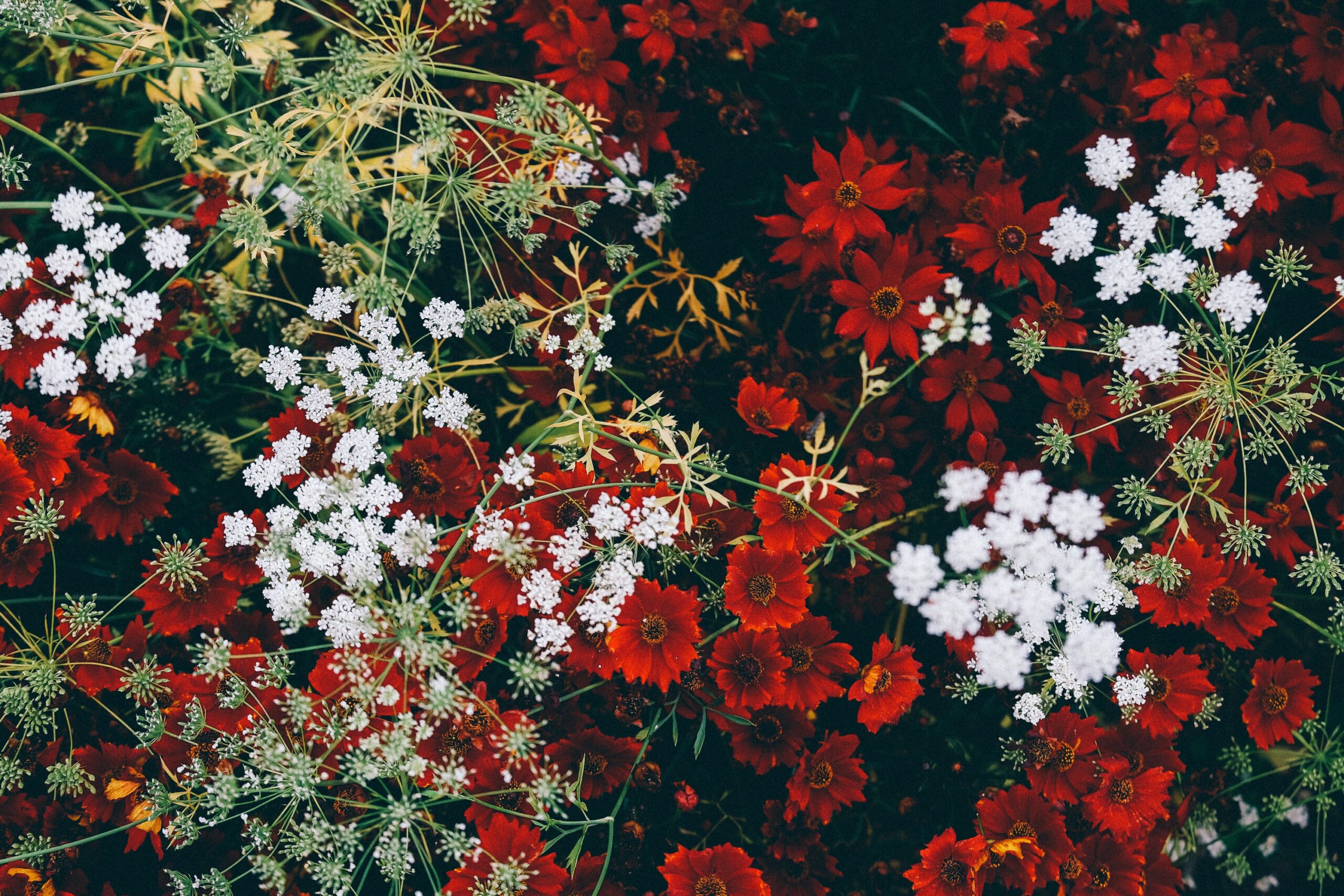Bacteria – friend or foe?
Surrounded with antibacterial hand soap and hand sanitizer on every desk, it makes sense that “bacteria” comes to mean something to be avoided, harbingers of disease, or something to sanitize. While there is a slew of negative bacteria on the Earth, there are also trillions of bacteria that have developed within and without of our bodies to live in symbiosis with us. In fact, the beneficial role of thriving and diverse bacterial ecosystems is only recently coming under scientific study and has opened a floodgate of new insights into human health.
The microbiome is rising to fame in the health world – begging the question, what is the microbiome?
mi·cro | ˈmīkrō | adjective extremely small
bi·ome| ˈbīˌōm | noun Ecology a large naturally occurring community of flora and fauna occupying a major habitat.
The human microbiome is the collection of microorganisms living in and on our bodies. Brooke Borel defines the microbiome as, “the complex ecosystem of microbes that share and shape our world.”1 The human gut microbiome is an internal ecosystem composed of 10 to 100 trillion microbial organisms2 primarily residing in the intestinal tract. It can also include yeasts, fungi, viral strains, and specific human cells. These organisms are critical in aiding digestion, regulating hormones, influencing immune function, and impacting brain function among many other impacts. Every human body has a microbiome that is specific to that body. When you compare microbiomes between humans, only about 10% of the biome is the same, leaving an incredible 90% difference in diversity. Ed Yong writes, “The microbiome is the sum of our experiences throughout our lives: the genes we inherited, the drugs we took, the food we ate, the hands we shook.”3 In short, the flora living in our gut are individualized and have huge reverberations for how every body system.
Why the Microbiome Matters
The human body is incredibly complex and diverse. People spend their entire lives doing research to better understand how our bodies work. We wonder about the internal functions that keep us living and the means by which we relate to the worlds around us. We understand that each human body contains inside its own complex and specific micro ecosystem, a dynamic system that is influenced by our lifestyle. The microbial communities in our bodies, homes, offices, hospitals, gardens, all have an impact on our health. What we eat, how much we sleep, the bacteria we are exposed to, the level of stress we experience all have measurable effects on our microbiome. The microbiome is garnering so much attention in health worlds because it is an access point; our daily choices change our internal ecosystem, which has profound impacts on the functioning of every aspect of our physiology.
Poor gut health is linked to leaky gut syndrome and autoimmune diseases such as: arthritis, dementia, heart disease, and cancer. It is also important to remember that there is no singular “normal” or “healthy” microbiome. Your biome is specifically yours. There is no one size fits all, no magic probiotic yogurt, no miracle pill that will fix all the disorders associated with a dis ordered gut. Considering your specific microbiome is an empowering, actionable, and profound way to take your health and wellbeing into your own hands. Like everything in your health journey, understanding this microscopic ecosystem and its impacts is incredibly individualized. Take the time to figure out what your specific system needs, or doesn’t need. Included below are links to help you start thinking about how to infuse wellness into your relationship with your microorganisms.
Resources:
7 Ways to Improve Your Gut Health
References:
- It’s all around us: Three scientists on how the microbiome shapes our world
- The Human Microbiome: How It Works + a Diet for Gut Health
- There Is No ‘Healthy’ Microbiome




